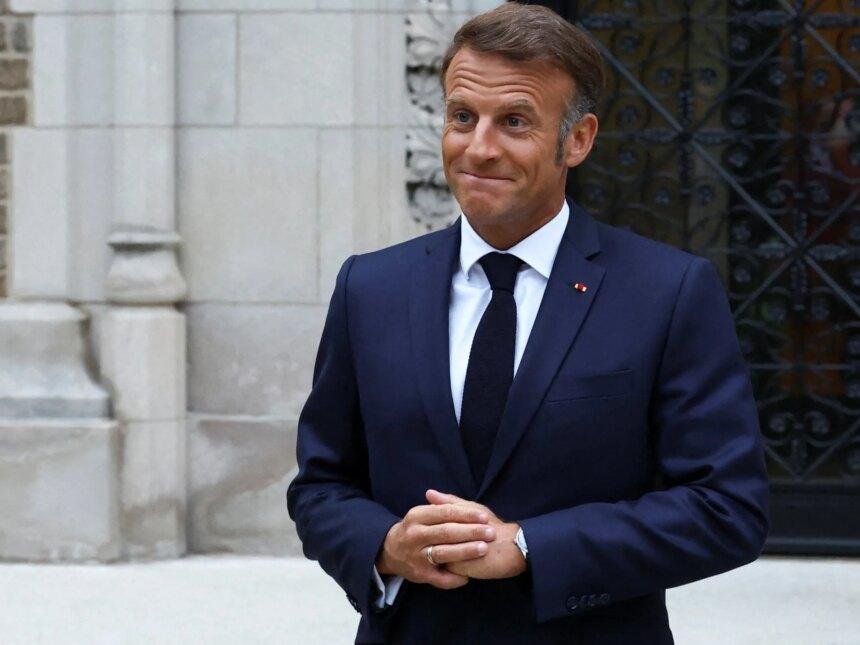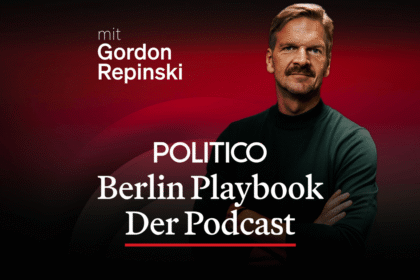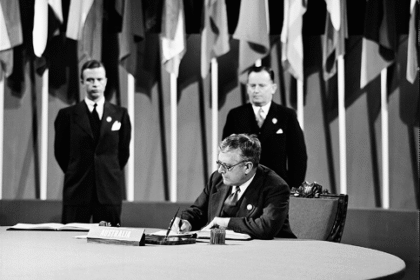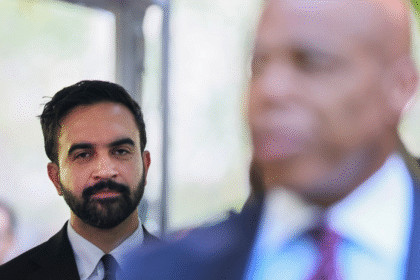France’s Political Turmoil: Outgoing Prime Minister Sebastien Lecornu‘s Last-Ditch Effort for Stability
In a dramatic turn of events, France’s outgoing Prime Minister Sebastien Lecornu has embarked on a two-day mission to salvage cross-party support for his beleaguered government. This initiative comes on the heels of his resignation, tendered just a day prior, following the rejection of his proposed cabinet. The political landscape in France has become increasingly tumultuous, particularly since the snap elections of 2024, which have left President Emmanuel Macron grappling with a fractured parliament.
A Short-Lived Tenure
Lecornu’s administration, lasting a mere 27 days, is now recorded as the shortest in modern French history. His brief tenure was marked by significant challenges, including a cabinet proposal that failed to garner support from both allies and adversaries. The Elysee Palace confirmed that Macron has tasked Lecornu with conducting negotiations aimed at establishing a platform for action and stability by Wednesday evening. This unexpected move has left many lawmakers and citizens bewildered, raising questions about the future direction of the French government.
The Context of Political Instability
The backdrop to Lecornu’s resignation is a political crisis that has been brewing since Macron’s decision to call for snap elections last year. This decision was largely a response to the rising influence of far-right parties, which have gained traction in recent years. The resulting hung parliament has created a legislative deadlock, complicating governance and prompting widespread public discontent.
Lecornu’s predecessor, Francois Bayrou, was ousted after his austerity budget sparked nationwide strikes, further highlighting the discontent among the populace. Despite Lecornu’s assurances of a break from Bayrou’s policies, his cabinet announcement drew immediate criticism for its continuity with the previous administration, featuring many familiar faces. Critics argue that this reflects a lack of genuine change and a failure to address the pressing issues facing the nation.
Confusion and Calls for Change
The political community’s reaction to Lecornu’s renewed negotiations has been mixed. Some lawmakers have expressed shock, suggesting that Macron’s decision to keep Lecornu in the fold may be an attempt to buy time rather than a genuine effort to stabilize the government. Prominent figures, including Jordan Bardella, leader of the far-right National Rally, have called for the dissolution of parliament and the organization of early elections. This sentiment is echoed by Edouard Philippe, a former prime minister and once a close ally of Macron, who also advocates for a presidential vote.
Gabriel Attal, another former prime minister under Macron, voiced his confusion, stating, “Like many French people, I do not understand the president’s decisions any more.” This sentiment underscores the growing frustration among both politicians and the public regarding the current administration’s direction.
The Path Forward
As Lecornu meets with members of the conservative Republicans and the center-right Renaissance parties, the stakes are high. The outcome of these discussions could determine whether France can navigate its current political impasse or if it will plunge further into chaos. Macron’s ability to appoint a new prime minister or reappoint Lecornu remains a critical factor in shaping the future of the government.
The political landscape in France is not only a reflection of internal dynamics but also indicative of broader trends across Europe. Many nations are grappling with similar challenges, as populist movements gain ground and traditional political structures face unprecedented scrutiny. The situation in France serves as a microcosm of these larger trends, highlighting the complexities of governance in an era marked by division and uncertainty.
Conclusion
As Sebastien Lecornu embarks on his final negotiations, the future of France hangs in the balance. The political crisis that has enveloped the nation demands urgent attention and decisive action. Whether Lecornu can forge a path toward stability or if the call for early elections will resonate with the public remains to be seen. The coming days will be pivotal in determining the trajectory of French politics, as the nation grapples with the pressing need for effective governance amidst a backdrop of discontent and division.











